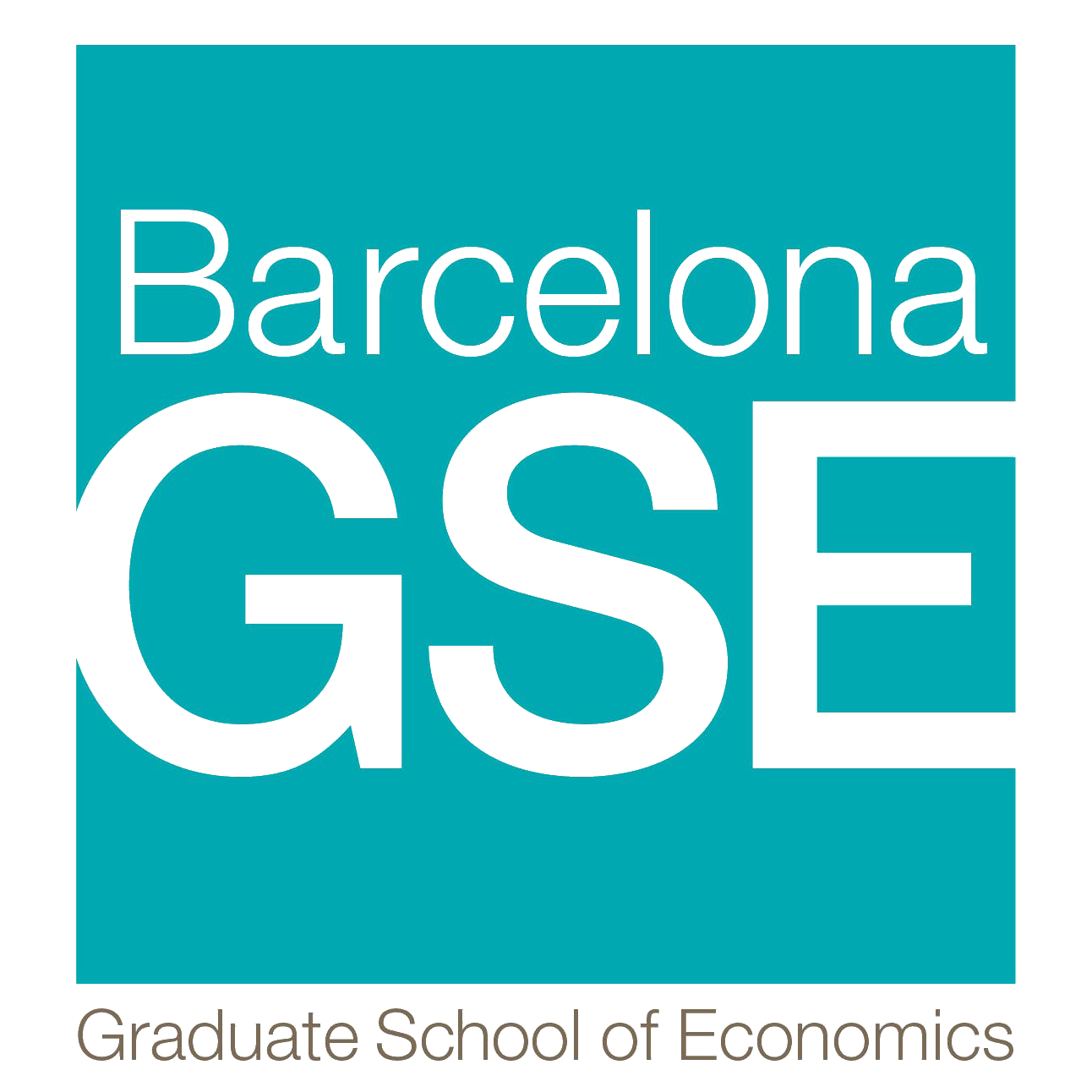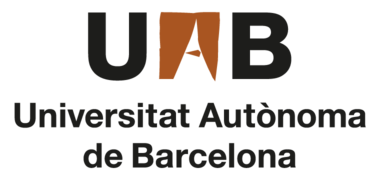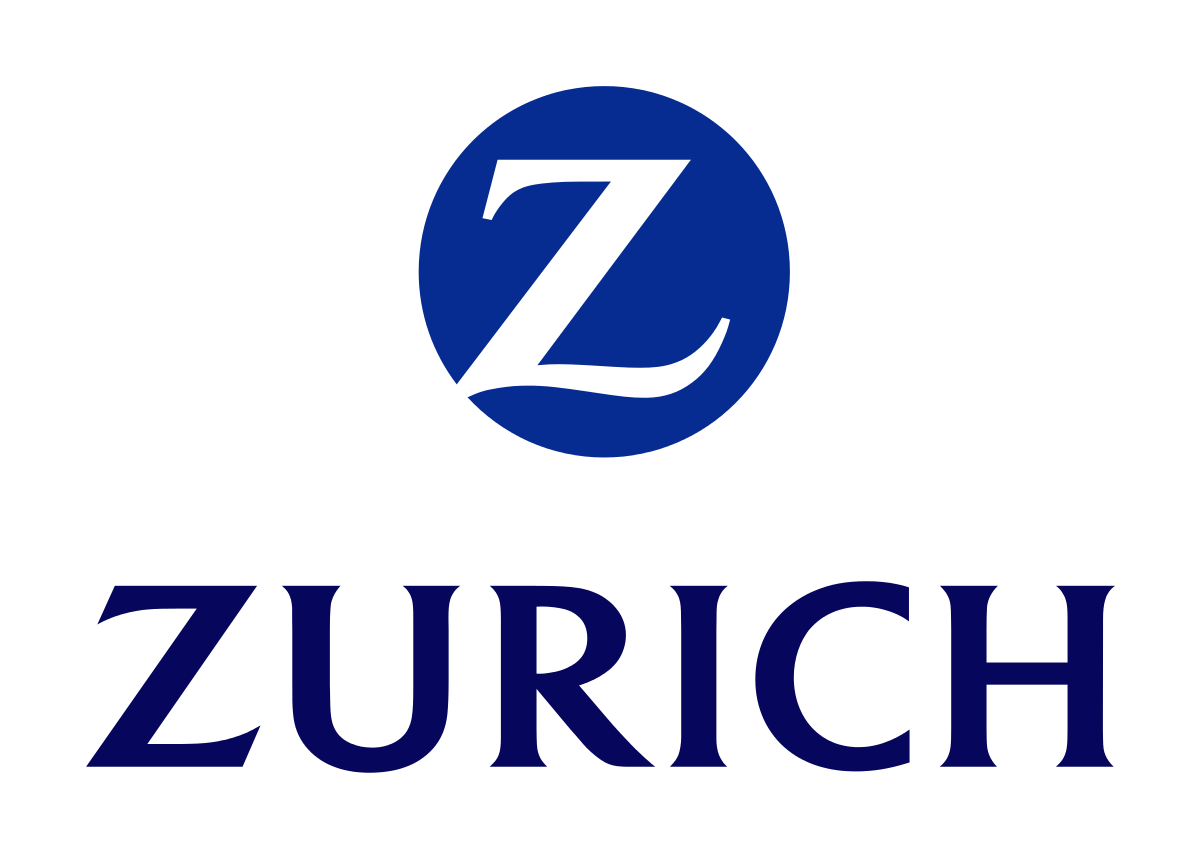Industrial Collaboration

Optimal Code Generation System for Encoders
Team: Joaquim Bruna (CRM coordinator)
Period: 3 months in 2013
Description: The funding institution was Höhner Automáticos, S.L. (HA) and the name of the project coordinators were Joaquim Bruna (CRM) and Laura Liarte (HA). The calendar was around 3 months in 2013. The project includes the studio and automated calculation tool generating optimal code for the incremental rotary encoders. The objective of this project covers the studio, analysis, definition, design, modelling and development of a calculation tool for obtaining optimal codes that give us an optimal reference signal for counting laps. Therefore, the project consists of two parts, the theoretical based on the analysis of the variables that influence in maximizing some objective function and, on the other hand, the implementation and automation of the corresponding codes. The expected impact was increase the profitability of company resources.

Implementation of calibration methodologies for valuation of credit derivatives
Team: Luís Ortiz (CRM Coordinator), Gemma Colldefons
Period: April to July 2015
Description: The funding institution was Barcelona Graduate School of Economics (BGSE) and the name of the project coordinators were Lluís Ortiz (CRM) and Elisa Alós (BGSE). The project was executed between April 1 and 20 July 2015. The work consisted in an intensive collaboration with a project of BGSE about the valuation of derivatives and the calibration of data in continuous market. More specifically, they tried to get prices, essentially for European Call through several scenes in the advanced model approach framework. A second part was continued from the previous simulation in order to obtain volatility surface. Finally, the goal of project was the implementation of the methods of calibration. The expected impact was to cover the technical support of the project developed by BGSE.

Validation of the methodologies in operational risk management
Team: Joaquim Bruna (CRM coordinator), Isabel Serra
Period: July 2015 to January 2016
Description: The funding institution was Banc Sabadell (BS) and the name of the project coordinators were Joaquim Bruna (CRM) and Lluís Vidal (BS). The project was executed between July 2015 and December 2015. The work consisted in analysing the methodology used in the tools of operative risk management implemented in Banc Sabadell. These methodologies must be tested from a technical point of view, checking if the software is correct, and from a theoretical point of view in order to check if the methodology is considered enough for reasonable results in the risk management. The last point of view was developed by CRM. The main impact of the project is to evaluate the service offered by an external institution (ND) in the operational risk management and recommend improves on the methodology considered by this external institution.

Study and modeling of the yields in the different services carried out by Ferrovial Services
Team: Joaquim Bruna (Coordinator), Joaquim Berenguer
Period: February to May 2013
Description: The funding company was Ferrovial Servicios, S.A. and the name of the project coordinators were Joaquim Bruna (CRM) and Enrique Sánchez (FS). The calendar includes February to May 2013. The summary of project was to develop a tool to analyse and characterize the combination of different tasks realized by Ferrovial Servicios, the project is high-confidential and the material characteristics must be omitted. In order to explore the mathematics methodologies we can define the frame that was considered, this is in the frame of lineal programming and statistical analysis for space data with physical properties. The main impact is obtained to capitalize company resources using the software developed by CRM for this project and called Integrator.
Adaptation of Integrator software for international use
The funding company was Ferrovial Servicios, S.A. and the name of the project coordinators were Joaquim Bruna (CRM) and Juan Manuel Freire (FS). The period for the task was from July to September 2014. The main objective of project was to improve the software developed in a previous project between FS and CRM that was designed to be used in Spain. In this second project, FS encouraged to CRM in to obtain a generic tool that could be used in each of the sites of FS. This task required the adaptative version of tasks developed by FS (outside of Spain) and the translation to English the tool: Integrator. The main impact is to expand the use of the software Integrator inside the company FS.
Ferrovial Servicios City Services Integrator
Team: Isabel Serra (CRM coordinator), Victor Luengo
Period: December 2015 to April 2016
Description: The funding company was Ferrovial Servicios, S.A. and the name of the project coordinators were Isabel Serra (CRM) and Juan Manuel Freire (FS). The calendar was from December 2015 to April 2016. The project consisted in the evolution of the software: City Services Integrator, in order to analyse the model and data from a space-temporal point of view. More details have to be censured, since the project is high-confidential. The main impact is obtained from to get that City Services Integrator will be a tool useful for all technical offices of the company in the design of daily work.

Modeling of budgets and sales forecasts
Team: Isabel Serra (CRM coordinator), David Romero
Period: March to December 2020
Description: The project is based on the KENIA (Knowledge Enhancing in Need-assessment for Industrial Advancement) collaboration model. This model is the solution offered to small and medium-sized companies that want to incorporate a new knowledge profile into their math-based work team. The project (or tool) consists of developing a solution based on the formation of a work team from our center, in order to achieve two challenges: consolidating the corporate and leardersip capabilities of the team and face the challenges that the company sets. The project is divided into three stages: introduction to the project with advice in the period of hiring new staff, supervision of budget and forecast modeling and monitoring the development and integration of the project.

Videos and training material for COURSERA
Team: Isabel Serra (CRM coordinator)
Period: December 2017 to October 2018
Description: The UAB commissioned the CRM to participate in the preparation of material for the course “Big Data: procesamiento y análisis” of the Big Data specialty: “Uso práctico de datos masivos”. The course material was developed by CRM and SEA and was launched on the COURSERA platform in October 2018. Since its launch, CRM has monitored this course through COURSERA, attending to the activity of the students who adhere to the course.

Feasibility study of the deployment of the DRT service in Barcelona
Team: Isabel Serra (CRM coordinator), David Romero, Miquel Barcelona, Irene González, Claudi Lleyda
Period: July to December 2020
Description: Based on the work methodology proposed by TMB, a collaboration framework has been established that aims to cover the study, analysis, definition, design, modeling and development of a tool to support decision-making in the DRT management. This tool has a mixed approach; on the one hand it feeds on the learning provided by the historical data that characterize aspects such as the typology of travelers, and on the other hand, being the main part, the simulation engine that emulates the behavior of the service on a continuous basis.

Documentary classification of operations and claims.
Team: Isabel Serra (CRM coordinator), Sergi Vilardell, Joan Gasull
Period: October and December 2017
Description: This project was carried out between October and December 2017. The project was characterized by the collaboration of the CRM in the construction of the automatic process that classifies the documents stored by the company. The objective of the project is the development of the classification model. This was carried out with mining techniques from a sample provided by the company. The CRM reported as a result of the project: the implementation of the models in Python.
